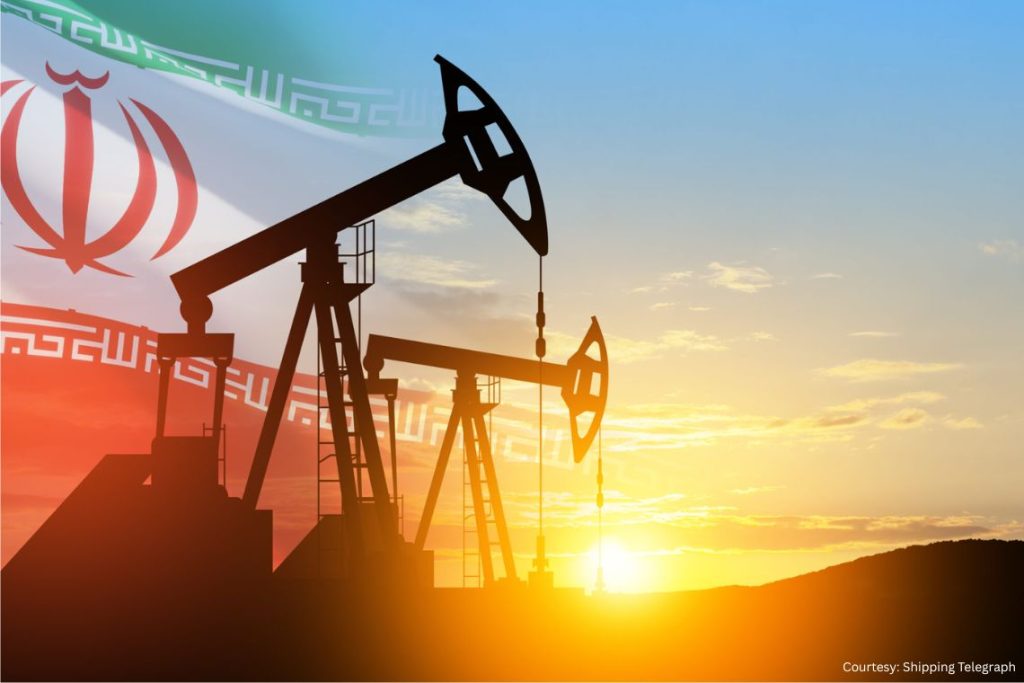NEW YORK – The recent US airstrikes on Iranian nuclear facilities have shaken global markets, with oil prices surging and investor sentiment turning cautious amid fears of broader conflict in the Middle East.
Brent crude rose nearly 2% to settle at $78.53 per barrel, while US benchmark West Texas Intermediate (WTI) climbed to $75.35, reaching a five-month high. Earlier in the trading session, both benchmarks jumped over 3%, reflecting heightened anxiety over potential Iranian retaliation and disruption to global oil supply.
Market analysts warn that Iran could respond by targeting energy infrastructure or restricting access to the Strait of Hormuz—a strategic chokepoint through which nearly 20% of global oil passes. Goldman Sachs has projected that if the strait is closed for even one month, Brent prices could climb as high as $110 per barrel, with more extreme scenarios suggesting spikes beyond $130.
The ripple effects were felt across global equity markets. The Australian ASX 200 lost approximately $25 billion in market capitalization early Monday. Asian markets, including the Hang Seng Index, also declined, while US stock futures edged lower. Investors have shifted capital toward traditional safe havens such as the US dollar, Treasury bonds, and gold.
Economists caution that prolonged volatility in oil markets could reignite global inflation, complicate monetary policy decisions, and strain already fragile post-pandemic economic recoveries. Oxford Economics has warned that if oil prices persist at elevated levels, inflation could approach 6% in the United States, potentially delaying anticipated interest rate cuts by central banks.
Despite current jitters, some analysts remain cautiously optimistic, noting that oil supply disruptions have not yet materialized and that diplomatic efforts may prevent further escalation. Much will depend on how Iran chooses to respond in the coming days and whether critical trade routes remain open.
As global attention focuses on the evolving situation, policymakers and investors alike are bracing for further market turbulence. Energy security, inflation control, and geopolitical risk management are once again front and center on the global economic agenda.
Reported by PakTribune Business Desk
All rights reserved.


